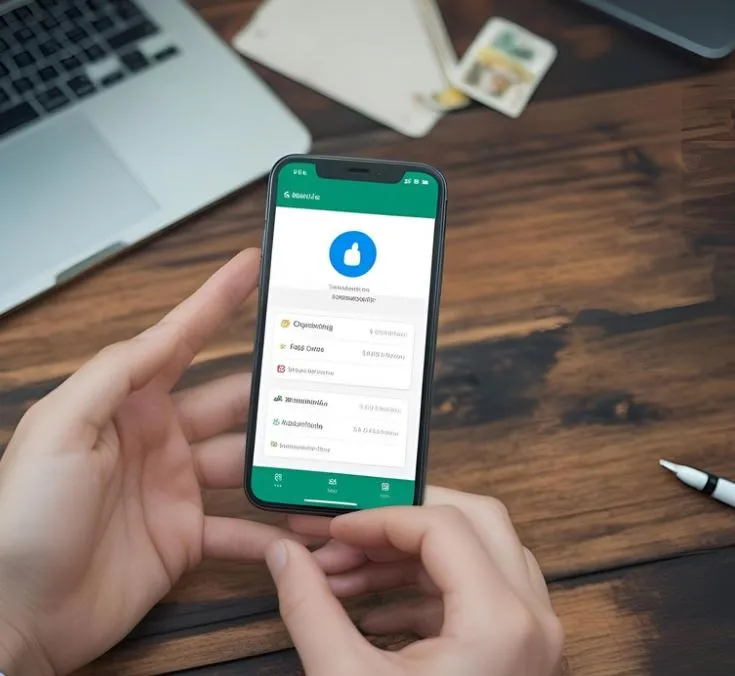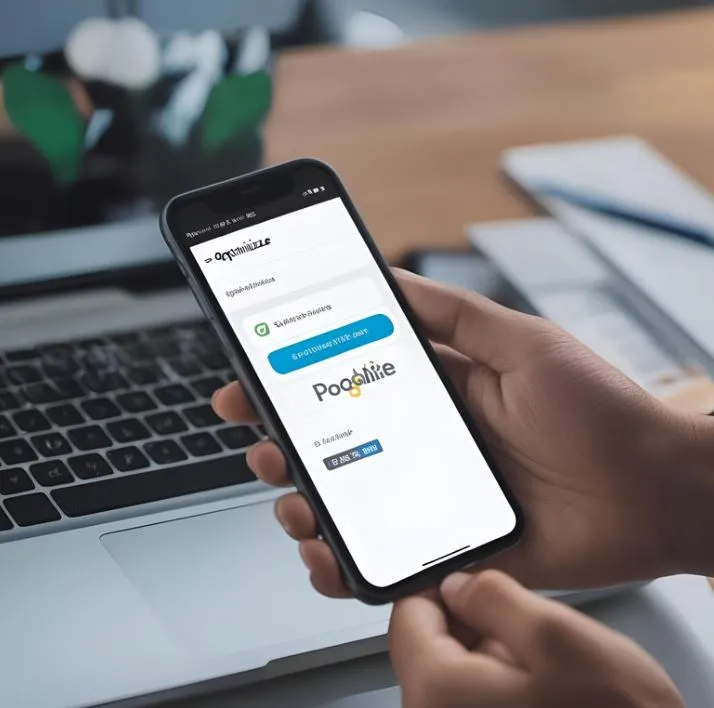
What Happened in the T-Mobile Security Breach?
What Happened in the T-Mobile Security Breach?
Recently, T-Mobile experienced a significant security breach that compromised the personal information of millions of its customers. The breach exposed sensitive data such as names, addresses, phone numbers, and even social security numbers.
This breach occurred due to a cyberattack where hackers exploited vulnerabilities in T-Mobile's systems, gaining unauthorized access to the data. As a result, many T-Mobile customers are now at risk of identity theft and other forms of fraud.
It's crucial for T-Mobile customers to take immediate action to protect themselves. This includes monitoring their accounts for any suspicious activity, changing passwords, and considering placing a freeze on their credit reports to prevent unauthorized access.
Furthermore, T-Mobile has acknowledged the breach and is working to enhance its security measures to prevent similar incidents in the future. They have also offered affected customers free credit monitoring services to help safeguard their information.
Overall, the T-Mobile security breach serves as a stark reminder of the importance of cybersecurity in today's digital age and highlights the need for companies to prioritize the protection of customer data.
How Does This Security Breach Affect T-Mobile Customers?

Details of the T-Mobile Security Breach
T-Mobile recently experienced a security breach that compromised the personal information of millions of customers. This breach exposed sensitive data such as names, addresses, phone numbers, and even social security numbers.
Implications for T-Mobile Customers
As a T-Mobile customer, it's crucial to be aware of how this security breach may affect you. Here are some key points to consider:
- Your personal information may have been exposed, putting you at risk of identity theft and fraud.
- Unauthorized individuals may have access to sensitive data, leading to potential misuse.
- It is essential to monitor your accounts closely for any suspicious activity and report any signs of unauthorized access immediately.
Steps to Protect Yourself
In light of this security breach, it's important to take proactive measures to safeguard your information:
- Consider placing a freeze on your credit reports to prevent unauthorized individuals from opening accounts in your name.
- Change your passwords for online accounts, especially if you use the same login credentials across multiple platforms.
- Stay vigilant for phishing attempts or suspicious emails requesting personal information.
- Reach out to T-Mobile for guidance on how to secure your account and mitigate potential risks.
Steps T-Mobile is Taking to Address the Breach

Overview of the T-Mobile Security Breach
A recent security breach at T-Mobile exposed sensitive customer data, including names, addresses, phone numbers, and account PINs.
Impacted Customers
If you are a T-Mobile customer and received a notification about the breach, it's crucial to take immediate action to secure your account.
Steps to Protect Your Account
- Change your account password: Create a strong, unique password that you haven't used before.
- Enable two-factor authentication: Add an extra layer of security to your account.
- Monitor your account: Regularly check for any suspicious activity.
T-Mobile's Response
T-Mobile is actively working to address the breach and has taken the following steps:
- Notifying affected customers: T-Mobile is reaching out to impacted customers to inform them of the breach.
- Enhancing security measures: T-Mobile is implementing additional security protocols to prevent future breaches.
- Offering support: T-Mobile is providing resources and support to help customers protect their accounts.
What Should T-Mobile Customers Do Next?

Details of the T-Mobile Security Breach
Recently, T-Mobile experienced a security breach that exposed sensitive customer data, including names, addresses, phone numbers, and account PINs.
It is crucial for T-Mobile customers to be aware of this breach and take immediate action to protect their information.
What T-Mobile Customers Should Do
- Change Your Account PIN: If you haven't already, change your T-Mobile account PIN to a unique and strong one to prevent unauthorized access.
- Monitor Your Accounts: Regularly monitor your T-Mobile account for any suspicious activity or unauthorized changes.
- Enable Two-Factor Authentication: Add an extra layer of security to your account by enabling two-factor authentication.
- Be Cautious of Phishing Attempts: Be wary of any unsolicited emails or messages asking for personal information and verify the source before providing any details.
Additional Steps to Protect Your Information
Aside from taking action related to your T-Mobile account, consider enhancing your overall online security by:
- Using Strong Passwords: Use unique and complex passwords for all your online accounts.
- Regularly Updating Software: Keep your devices and apps up to date to patch any security vulnerabilities.
- Avoiding Public Wi-Fi for Sensitive Transactions: Refrain from accessing sensitive information when connected to public Wi-Fi networks.
Potential Risks of Data Exposure in This Breach

Details of the T-Mobile Security Breach
Recently, T-Mobile experienced a significant security breach that exposed personal data of millions of customers. The breach included sensitive information such as names, addresses, phone numbers, and even social security numbers.
If you are a T-Mobile customer, it is crucial to take immediate action to protect your data and minimize the potential risks associated with this breach.
Potential Risks of Data Exposure
The exposure of personal data in this breach can lead to various risks, including:
- Identity Theft: Cybercriminals can use the stolen information to impersonate you and carry out fraudulent activities in your name.
- Financial Loss: Your financial accounts could be compromised, leading to unauthorized transactions and monetary losses.
- Phishing Attacks: Scammers may use the exposed data to launch targeted phishing attacks, tricking you into revealing more sensitive information.
- Reputation Damage: If your personal information is misused, it can result in reputational harm and affect your trustworthiness.
It is essential to stay vigilant and monitor your accounts for any suspicious activity following this security breach.
How to Protect Your Personal Information After a Security Breach

Recently, T-Mobile experienced a significant security breach that compromised the personal information of millions of users. This breach exposed sensitive data such as names, addresses, phone numbers, and even social security numbers to potential cybercriminals.
If you are a T-Mobile customer or have ever interacted with the company, it is crucial to take immediate steps to protect your personal information and reduce the risk of identity theft.
Here are some essential tips to safeguard your data:
- Monitor Your Accounts: Regularly check your bank statements, credit reports, and online accounts for any suspicious activity. Report any unauthorized transactions immediately.
- Change Your Passwords: Update your passwords for all online accounts, especially if you have used the same password for multiple services. Use strong, unique passwords for each account.
- Enable Two-Factor Authentication: Add an extra layer of security to your accounts by enabling two-factor authentication. This will help prevent unauthorized access even if your password is compromised.
- Be Cautious of Phishing Attempts: Be wary of unsolicited emails, messages, or calls asking for personal information. Do not click on suspicious links or provide sensitive data to unknown sources.
By following these steps and staying vigilant, you can minimize the impact of the T-Mobile security breach and protect your personal information from falling into the wrong hands.
Repercussions of the T-Mobile Breach on Data Security

Overview of the T-Mobile Security Breach
T-Mobile recently experienced a significant security breach that compromised the personal information of millions of its customers. The breach occurred due to a cyberattack on their systems, leading to unauthorized access to sensitive data.
Impacted Data
The breach exposed a wide range of personal information, including names, addresses, phone numbers, and even sensitive data such as social security numbers and payment details. This kind of data breach can have severe consequences for the affected individuals, potentially leading to identity theft and financial loss.
Importance of Data Security
Ensuring the security of personal data is crucial in today's digital world. Companies like T-Mobile have a responsibility to protect the information provided by their customers. Data breaches not only harm individuals but also erode trust in the affected company.
Steps to Protect Your Data
As a T-Mobile customer or any individual concerned about data security, there are steps you can take to protect your information. Ensure you regularly monitor your accounts for any suspicious activity, use strong and unique passwords, and consider enabling two-factor authentication for an added layer of security.
Comparison with Previous T-Mobile Security Incidents

The Latest T-Mobile Security Breach
T-Mobile has recently faced a security breach that compromised the personal information of millions of users. The breach occurred due to a vulnerability in their system that allowed hackers to access sensitive data.
Users are advised to change their passwords immediately and monitor their accounts for any suspicious activity. T-Mobile has assured its customers that they are taking steps to enhance their security measures to prevent such incidents in the future.
Comparison with Previous T-Mobile Security Incidents
This latest breach is reminiscent of previous security incidents that T-Mobile has experienced. In 2018, there was a similar breach where customer data was compromised, leading to concerns about the company's ability to protect user information.
While T-Mobile has made efforts to improve its security protocols over the years, it is clear that more needs to be done to safeguard user data effectively. The frequency of these incidents raises questions about the overall security posture of the company.











